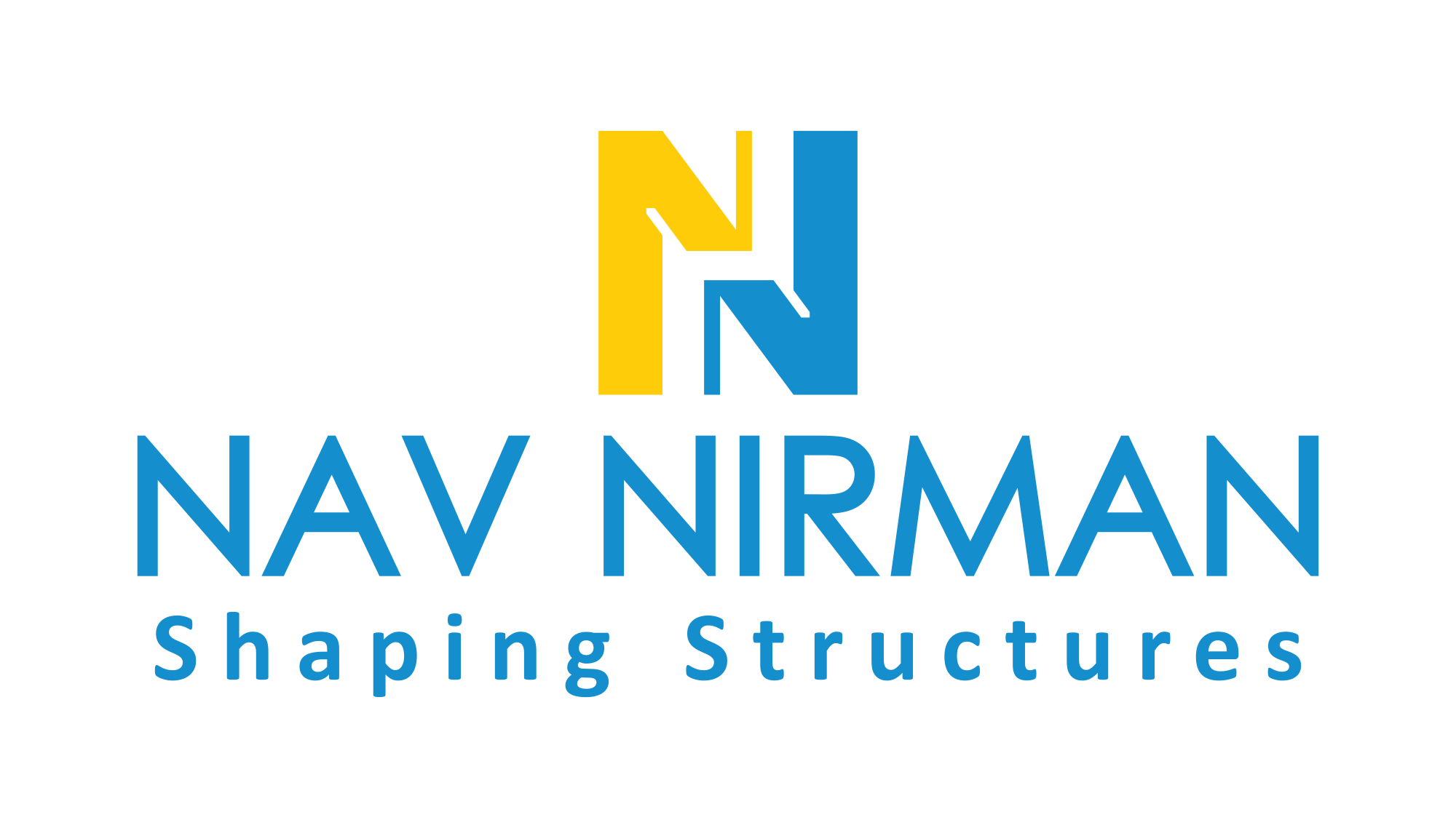In the construction industry, building durable and aesthetically pleasing walls efficiently is a top priority. A well-designed formwork system is key to achieving these goals. Among various types of formwork, wall formwork systems are particularly crucial for creating vertical structures such as walls, columns, and retaining barriers.
This guide will explore everything you need to know about wall formwork systems, their benefits, types, and best practices to ensure faster and stronger wall construction.
A wall formwork system is a temporary structure used to shape and support wet concrete until it sets and gains sufficient strength. It consists of panels, ties, clamps, and other components designed to hold the concrete in place while maintaining its shape during the curing process.
These systems are specifically tailored for vertical constructions, offering precision and efficiency in projects ranging from residential buildings to large-scale commercial structures.
Wall formwork systems streamline the construction process, reducing labor and time requirements. Pre-engineered panels and modular designs allow for quick assembly and dismantling, speeding up the overall workflow.
Properly installed formwork ensures uniform compaction and curing of concrete, resulting in stronger and more durable walls. This is particularly important for load-bearing structures and high-rise buildings.
Modern wall formwork systems are designed with accuracy in mind. They help create smooth and uniform surfaces, minimizing the need for post-construction finishes.
While the initial investment in a high-quality formwork system may seem significant, its reusability and efficiency lead to long-term savings on labor, material waste, and maintenance costs.
Engineered to handle the pressure of wet concrete, these systems reduce the risk of collapse during construction, ensuring a safer work environment.
Traditional and cost-effective, timber formwork is lightweight and easy to customize. However, it has limited reusability and may not be suitable for large-scale projects.
Steel formwork systems are durable, reusable, and ideal for high-rise and industrial structures. They provide excellent support and create smooth concrete surfaces but are heavier and more expensive than timber.
Lightweight yet strong, aluminum formwork is gaining popularity for its versatility and reusability. It offers the precision of steel formwork without the added weight, making it easier to handle.
An eco-friendly option, plastic formwork is lightweight, reusable, and resistant to moisture. It’s best suited for small to medium-sized projects and is becoming increasingly popular in sustainable construction practices.
These pre-engineered systems feature interlocking panels and components, offering flexibility and ease of assembly. They are widely used for repetitive wall construction in large-scale projects.
The choice of formwork system depends on your project requirements, including the type of structure, budget, and timeline. For instance, modular systems are ideal for speed, while steel is better for strength and durability.
Accurate installation is crucial to avoid misalignments, gaps, and leakages. Follow manufacturer guidelines and use skilled labor for assembling the formwork.
Overloading or uneven pouring can damage the formwork and compromise the wall’s quality. Ensure a controlled and consistent pouring process.
Regularly inspect the formwork components for wear and tear, especially if using reusable systems. Proper maintenance extends the lifespan and ensures safety.
Always prioritize worker safety by adhering to construction safety standards. Use scaffolding, protective gear, and secure the formwork system properly to prevent accidents.
Wall formwork systems are indispensable in various construction scenarios, including:
A reliable wall formwork system is an investment in efficiency, safety, and quality. It reduces errors, enhances the structural integrity of your walls, and accelerates project timelines.
Moreover, advanced formwork systems are designed with sustainability in mind, enabling reduced material wastage and energy consumption during construction. This makes them an eco-friendly choice for modern builders.
When selecting a wall formwork system, consider the following factors:
Consulting with experienced formwork manufacturers can help you identify the most suitable solution for your project needs.
Wall formwork systems are a cornerstone of modern construction, offering efficiency, precision, and strength for vertical structures. Whether you’re working on a small residential project or a massive commercial venture, choosing the right formwork system is critical to achieving faster and stronger walls.
By understanding the benefits, types, and best practices associated with wall formwork systems, you can make informed decisions that elevate the quality and speed of your construction projects. Embrace the innovation and reliability of advanced formwork systems to stay ahead in the ever-evolving construction industry.
+91-040-27150119
sales@navnirman.in
Plot No. 6, Road No. 7, IDA Nacharam,
Hyderabad - 76

+91-040-27150119
sales@navnirman.in
Plot No. 6, Road No. 7, IDA Nacharam,
Hyderabad - 76